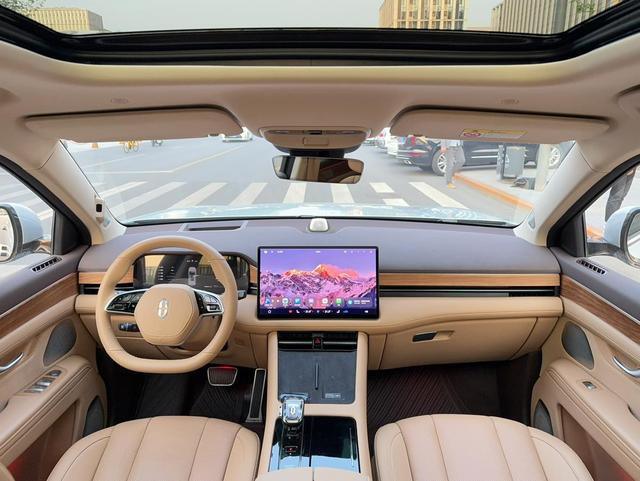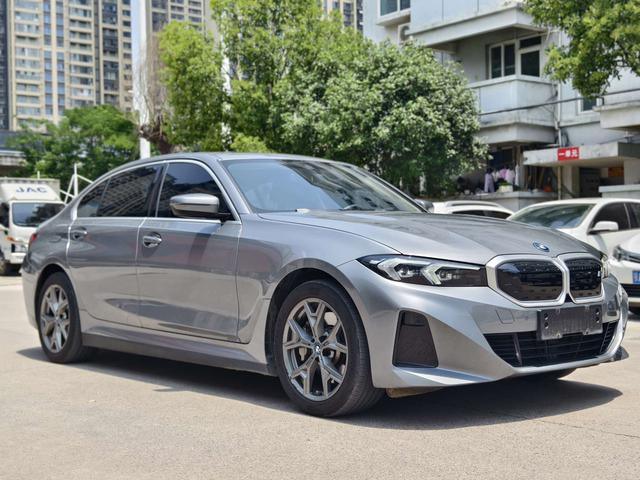new hydrogen powered car
The new hydrogen powered car represents a groundbreaking advancement in automotive technology, combining innovative engineering with environmental consciousness. This revolutionary vehicle utilizes hydrogen fuel cell technology to generate electricity, powering an electric motor that drives the wheels. The system works by converting hydrogen gas into electricity through a chemical reaction, producing only water vapor as a byproduct. The car features a high-capacity hydrogen storage tank that can be refilled in just 5 minutes, providing a driving range of up to 400 miles on a single fill. Advanced safety systems include multiple sensors and reinforced storage tanks to ensure secure hydrogen containment. The vehicle's intelligent power management system optimizes energy distribution, while regenerative braking helps recover and store energy during deceleration. The interior boasts a state-of-the-art digital dashboard displaying real-time performance metrics, hydrogen consumption data, and remaining range. Enhanced connectivity features allow for smartphone integration and over-the-air updates to maintain peak performance. The aerodynamic design not only reduces drag but also incorporates sustainable materials throughout the construction, making it both efficient and environmentally responsible.


